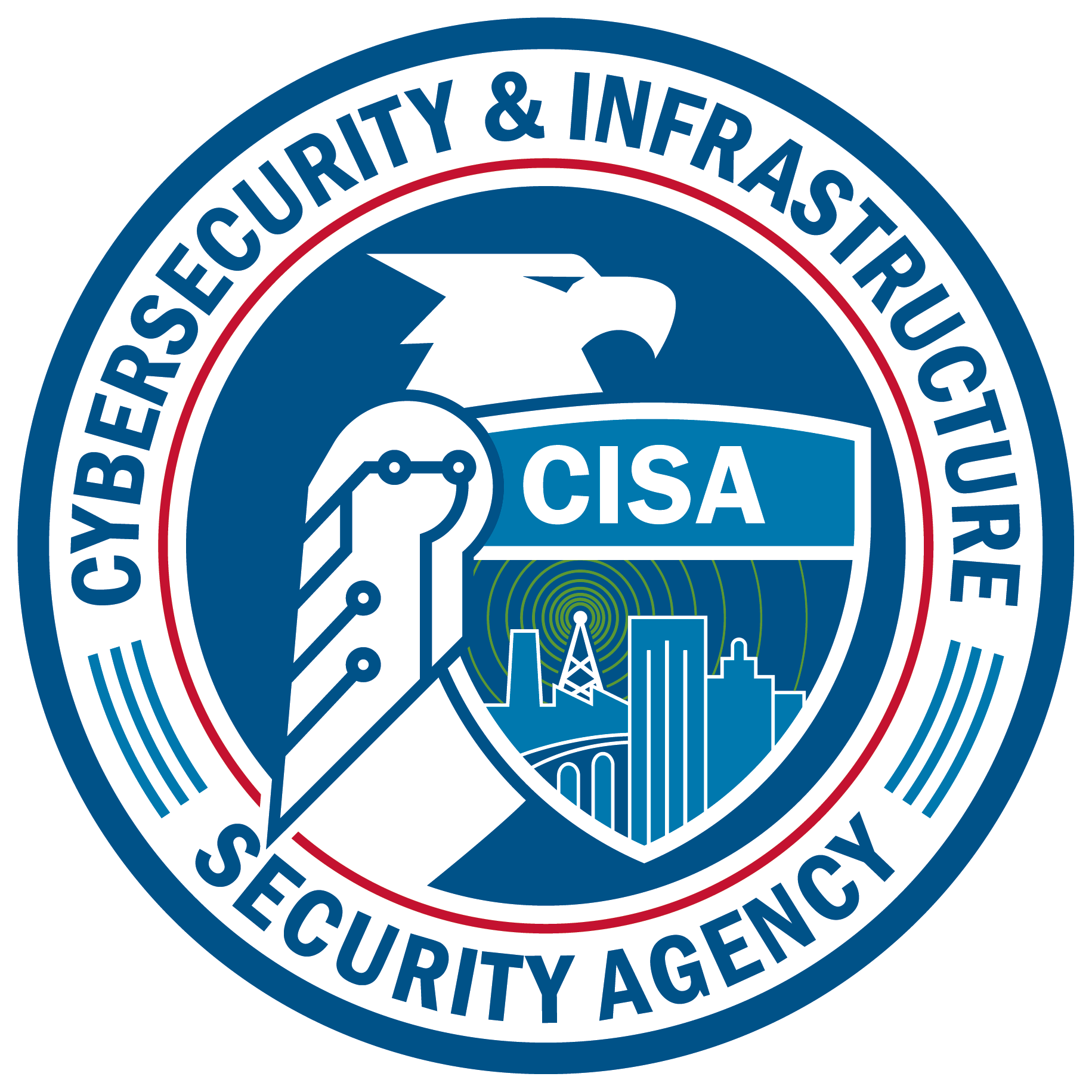Requirements for operating a .gov domain
The .gov domain space exists to support a broad diversity of government missions. Generally, we don’t review or audit how government organizations use their registered domains. However, misuse of a .gov domain can reflect upon the integrity of the entire .gov space. There are categories of misuse that are statutorily prohibited or abusive in nature.
What you can’t do with a .gov domain
Commercial purposes
A .gov domain must not be used for commercial purposes, such as advertising that benefits private individuals or entities.
Political campaigns
A .gov domain must not be used for political campaign purposes, such as the website for a candidate seeking elected office.
Illegal content
A .gov domain must not be used to distribute or promote material whose distribution violates applicable law.
Malicious cyber activity
A .gov domain must not distribute malware, host open redirects, or engage in malicious cyber activity.
What .gov domain registrants must do
Keep your contact information updated
.Gov domain registrants must maintain accurate contact information in the .gov registrar. You will be asked to verify it as part of the renewal process.
Be responsive if we contact you
.Gov domain registrants must respond promptly to communications about potential violations to these requirements.
Failure to comply could result in domain suspension or termination
We may need to suspend or terminate a domain registration for violations of these requirements. When we discover a violation, we’ll make reasonable efforts to contact a registrant, including emails or phone calls to:
- Domain contacts
- The senior official
- The government organization, a parent organization, or affiliated entities
We understand the critical importance of availability for a .gov domain. Suspending or terminating a .gov domain is reserved for prolonged, unresolved, serious violations where the registrant is non-responsive. We'll make extensive efforts to contact registrants and to identify potential solutions. We'll make reasonable accommodations for remediation timelines based on the severity of the issue.
Domain renewal
.Gov domains are registered for a one-year period. To renew the domain, you’ll be asked to verify your contact information and some details about the domain.
Though a domain may expire, it will not automatically be put on hold or deleted. We’ll make extensive efforts to contact your organization before holding or deleting a domain.

